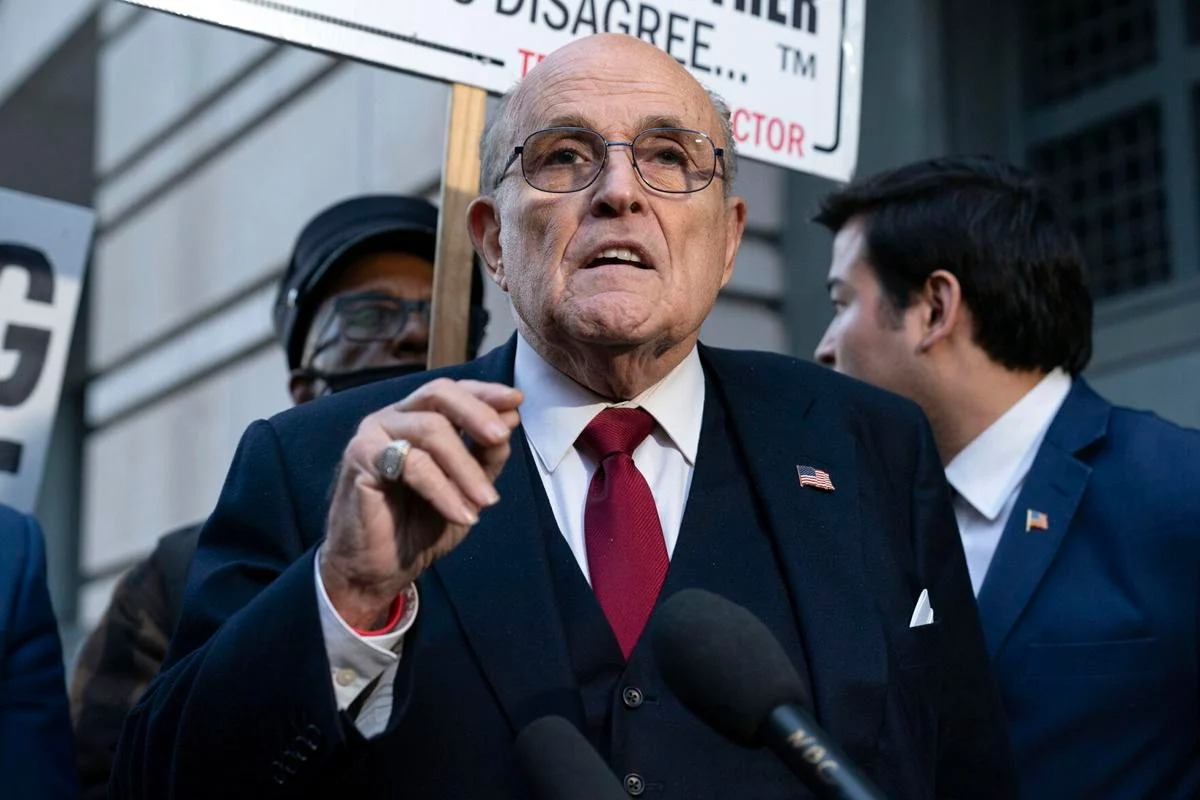Rudy Giuliani’s recent comments on his legal troubles and his support for Donald Trump’s efforts to overturn the 2020 presidential election results have sparked controversy and raised eyebrows.
During his podcast, Giuliani claimed that his actions would somehow benefit him in heaven, despite facing disbarment and mounting financial woes.
Giuliani’s suspension from practicing law in New York and the subsequent recommendation for disbarment in Washington, D.C., were based on allegations that he made false and misleading statements to courts, lawmakers, and the public regarding the election.
Giuliani (Credits: Vanity Fair)
His assertions about the stolen election have been widely debunked, leading to legal consequences and significant damages in defamation lawsuits.
In addition to his legal troubles, Giuliani faces financial challenges, including creditors seeking to force the sale of his $3.5 million Florida condo to pay off debts.
Reports indicate that Giuliani owes substantial amounts in unpaid taxes, overdraft fees, and membership dues, further complicating his financial situation.
Despite these setbacks, Giuliani appears unrepentant, boasting about his integrity and suggesting that his actions will be rewarded in the afterlife. His comments have drawn criticism and disbelief, with many questioning the sincerity and rationality of his beliefs.
Rudy Giuliani (Credits: ABC7 Chicago)
Giuliani’s podcast also featured attacks on Fulton County District Attorney Fani Willis and the jury that ruled against him in the defamation case.
His continued defiance and refusal to acknowledge the consequences of his actions suggest a man clinging to a narrative of victimhood and martyrdom.
In light of Giuliani’s legal and financial predicament, his assertions about heavenly rewards ring hollow to many observers. Instead of offering genuine remorse or accountability, Giuliani’s remarks serve to highlight his detachment from reality and his willingness to double down on his divisive rhetoric.
